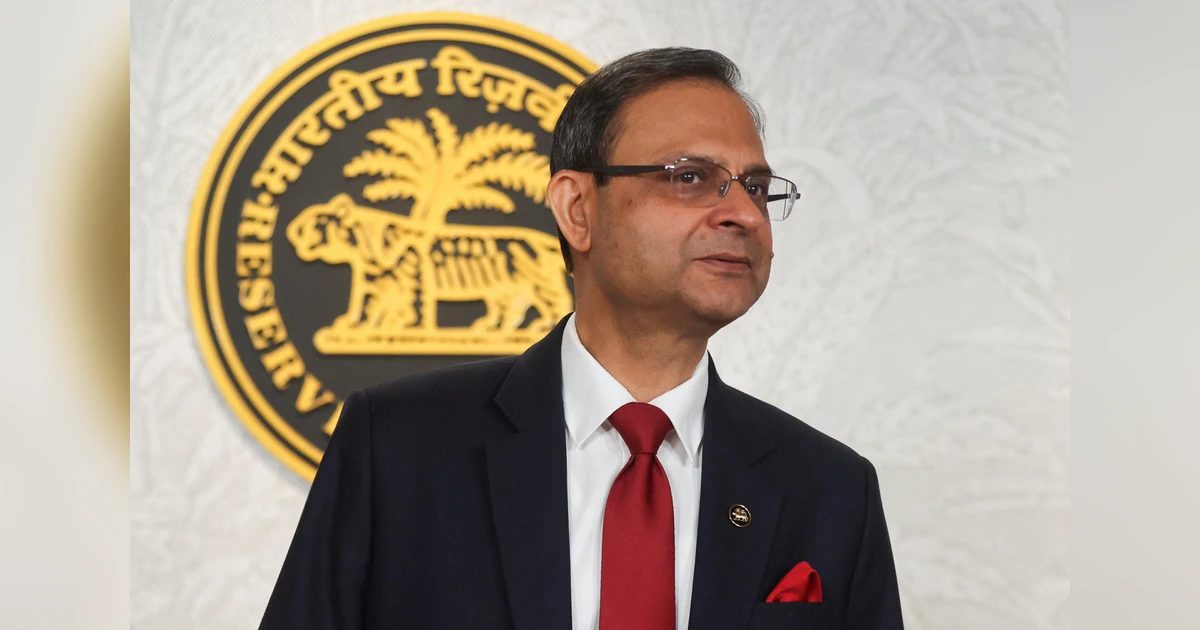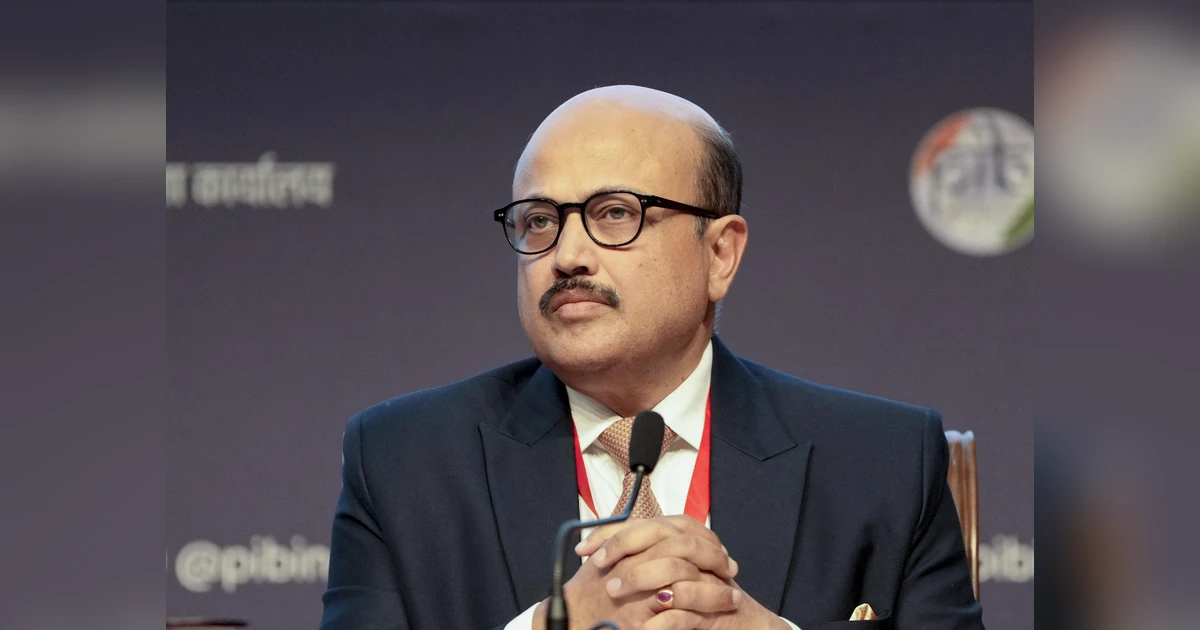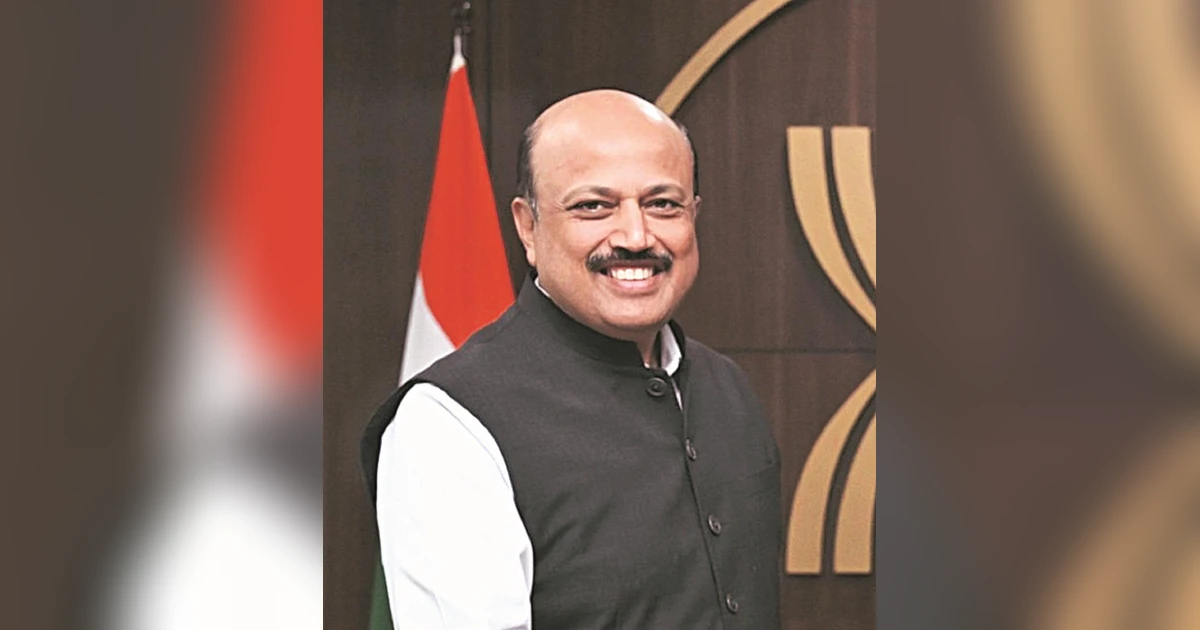The economy is poised to shrug off the modest tapering of the growth momentum in the first quarter, according to the Reserve Bank of India’s (RBI’s) state of the economy report, which has also hinted at a further tightening of the monetary policy, with the emphasis being on keeping inflation expectations anchored.
“… front-loading of monetary policy actions can keep inflation expectations firmly anchored and reduce the medium-term growth sacrifice,” the report said.
The economy grew 13.5 per cent, lower than the central bank’s projection of 16.2 per cent, in the first quarter this fiscal year.
“Inflation remains elevated and above the tolerance level, underscoring the need for monetary policy to keep second order effects contained and inflation expectations firmly anchored,” the report said.
The central bank has hiked the policy repo rate by 140 basis points to 5.4 per cent since May this year while the inflation rate has stayed stubbornly above its upper tolerance limit of 6 per cent.
The consumer price index-based (CPI-based) inflation rate increased to 7 per cent y-o-y in August, staying above the upper tolerance limit of the central bank for the first eight months of 2022.
“Loss of momentum in global economic activity may be taking the edge off inflation, which remains elevated. The Indian economy is poised to shrug off the modest tapering of growth momentum in the first quarter of 2022-23,” the report said.
The report, authored by the RBI staff, including Deputy Governor (in charge of monetary policy) Michael Patra, observed aggregate demand was firm and poised to expand as the festival season set in.
“Domestic financial conditions remain supportive of growth impulses,” it said.
The state of the economy report in August had said CPI inflation had peaked that month. Referring to that observation, the September report said while inflation in August was “in line with that prognosis”, the fading away of the base effects pushed the headline inflation rate up by 30 basis points relative to July.
“There is, however, a resurgence of food price pressures, mainly stemming from cereals even as fuel and core components provided a modest measure of respite,” it said. “With base effects being favourable in the second half of 2022-23, inflation should moderate, although upside risks are in the air.”
The report also noted globally the slowdown in activity was taking the bite off inflation, proved by the estimated calculation that global inflation eased in July 2022 to 0.3 per cent on a monthly basis from an average of 0.7 per cent a month in the first half of the year.
Commenting on domestic growth prospects, the report highlighted that the foodgrains production target of 328 million tonnes for 2022-23, only 4 per cent above last year’s output, appeared to be in striking range. The momentum of industrial production did turn negative in July 2022, but that was after seven months of continuous increase, it said.
“Domestic financial conditions are engendering an environment in which the impulses of growth can be nurtured and strengthened,” the report said while observing bank credit was accelerating every fortnight and banks had beefed up efforts to mobilise deposits to fund credit growth.
Metropolitan branches of banks, which account for over 60 per cent of bank credit and over half of bank deposits, have been the major drivers of growth in the banking business, the report said.
Median term-deposit rates — card rates on fresh retail deposits — have increased by 24 bps between April and August 2022. The increase in interest rates on bulk deposits is even higher.
“(The available) information indicates that major banks have increased their bulk deposit rates (1 to 2 year tenor) by up to 200 bps since April 2022,” the report said.
On the exchange rate, the report said the rupee was holding its poise, with adequate supplies of dollars.
“While on exchange rates, it is worthwhile noting in passing that India has the fifth largest reserves and is the fifth largest economy of the world – up from 6th – with a GDP of US $3.5 trillion in FY2022. Hence, there can be no disagreement with the statement of the Managing Director, IMF, that India continues to be a bright spot in the global economy, despite the global uncertainty and headwinds,” the report said.
Foreign exchange reserves at $553.1 billion on September 2, 2022, were equivalent to nine months’ imports projected for 2022-23.
The latest data released by the RBI on Friday showed the reserves were at $550.8 billion as on September 9.




